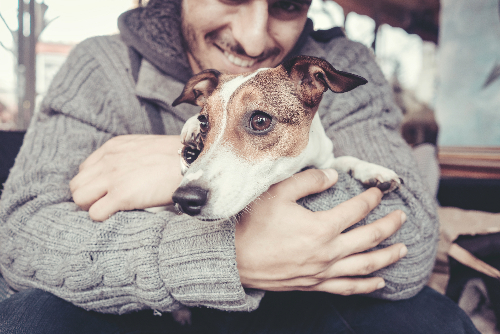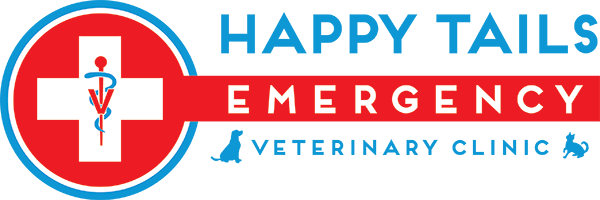Cold Weather Hazards and Tips for Pets

As the chill of winter settles over Greensboro, North Carolina, it’s important for pet owners to be aware of the unique challenges this season presents. At Happy Tails Emergency Veterinary Clinic, we’re committed to helping you keep your beloved pets safe and healthy during the colder months. In this blog, we’ll explore the key hazards winter brings and provide practical tips to protect your pets. Remember, for any concerns or emergencies, call us at (336) 288-2688.
Understanding Cold Weather Risks for Pets
Recognizing the Signs of Frostbite and Hypothermia
Cold weather can be as harsh on pets as it is on humans. Frostbite and hypothermia are serious risks during North Carolina’s colder months. Frostbite often affects the paws, ears, and tail, so look for pale or swollen skin in these areas. Hypothermia signs include shivering, lethargy, and weakness. Keeping pets indoors during extreme cold and monitoring them closely when they’re outside are key preventive measures.
The Hidden Dangers of Antifreeze and Rodenticides
Winter also brings a risk of pets coming into contact with harmful substances like antifreeze, which is lethal but tastes sweet to animals. While some anti-freezes are still sweet to the taste, companies are now producing a type of antifreeze that includes a bitter chemical called Bitrex, or Denatonium added to it in an effort to deter pets from ingesting large quantities of it. Look for this option at the store or ask your mechanic if it’s available. Similarly, rodenticides used more frequently during winter can be fatal if ingested. Always store these substances out of reach and supervise your pet outdoors.
Winter Allergies and Dry Skin: Prevention and Care
Just like people, pets can suffer from dry skin and allergies due to indoor heating. Humidifiers and regular grooming can help maintain skin and coat health. Watch for excessive scratching, which may indicate an allergy or skin issue.
Essential Winter Care for Your Pets
- Choosing the Right Winter Gear for Your Pet: Not all pets are equipped for cold weather. Consider weather-appropriate clothing, especially for short-haired breeds, seniors, and puppies. Items like sweaters and booties can provide extra warmth and protection.
- Adjusting Your Pet’s Diet and Exercise in Winter: Winter may require changes to your pet’s diet and exercise routine. Pets may need more calories during the cold months, but be careful not to overfeed. Indoor play can help maintain exercise levels when it’s too cold to go outside.
- Cozy and Safe Sleeping Arrangements: Ensure your pet has a warm, draft-free place to sleep. Bedding should be elevated off cold floors and away from drafts. Heated pet beds are an option, but make sure they are safe and specifically designed for pets.
When to Seek Veterinary Help
Emergency Symptoms Not to Ignore
If your pet shows signs of distress, such as uncontrolled shivering, lethargy, or disorientation, it could be an emergency. Contact Happy Tails Emergency Veterinary Clinic immediately at (336) 288-2688.
Regular Check-ups and Winter Health Concerns
Regular veterinary check-ups are vital, especially in winter. They help identify and address any emerging health issues. Discuss your pet’s winter needs with our veterinarians to ensure they’re as prepared as possible for the season.
Call Us at Happy Tails Emergency Veterinary Clinic
Winter in Greensboro can be a beautiful but challenging time for pet owners. By understanding the risks and taking the right precautions, you can ensure your pets enjoy the season safely. Remember, the team at Happy Tails Emergency Veterinary Clinic is here to help with any concerns or emergencies. Call us today at (336) 288-2688.
Recent Posts
About Us
At Happy Tails Veterinary Emergency Clinic in Greensboro, NC, our kind and knowledgeable team is available to provide gold standard emergency vet care for you and your pet. We’re available in the late night and early morning hours during the week, and 24/7 on weekends for your convenience.
